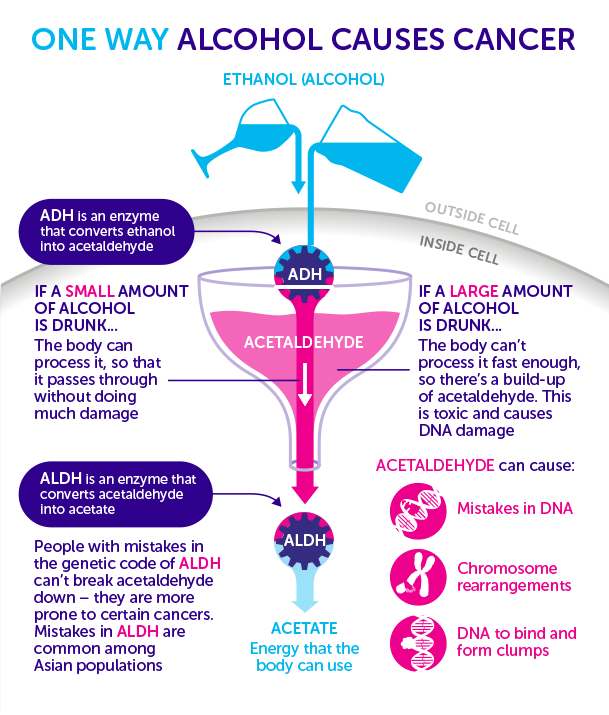Discover the fascinating connection between genetics and alcohol intoxication- the groundbreaking research that unveils the mysteries behind our reactions.

Image courtesy of Ahmed ツ via Pexels
Table of Contents
Alcohol intoxication is a topic that sparks curiosity and interest among many individuals. One common question that often arises is: how many beers does it take to get drunk? The answer to this question is not as straightforward as one might think. There are various factors at play when it comes to alcohol metabolism, individual tolerance levels, and the impact of different factors on intoxication levels.
The Science Behind Alcohol Metabolism
alcohol metabolism plays a crucial role in determining how quickly and effectively the body can process and eliminate alcohol. When alcohol is consumed, it enters the bloodstream and is eventually broken down by enzymes in the liver. Two key enzymes, alcohol dehydrogenase and acetaldehyde dehydrogenase, are responsible for metabolizing alcohol. These enzymes work together to convert alcohol into acetaldehyde and then into acetate, which can be further broken down and eliminated from the body.
Individual Tolerance Levels
One of the most significant factors influencing how many beers it takes to get drunk is an individual’s tolerance level. Tolerance to alcohol can vary greatly from person to person and is influenced by factors such as weight, gender, genetics, and overall health. Generally, individuals with a higher body weight tend to have a higher tolerance to alcohol, as the alcohol is more diluted in their bloodstream. Gender also plays a role, with women generally having lower tolerance levels than men due to differences in body composition and enzyme levels.
Factors Influencing Intoxication
In addition to alcohol metabolism and individual tolerance levels, several other factors can influence how many beers it takes to get drunk. Blood alcohol concentration (BAC) is a key indicator of intoxication levels and is influenced by factors such as the rate of alcohol consumption, the presence of food in the stomach, and the strength of the alcoholic beverages consumed. Drinking on an empty stomach, for example, can lead to faster absorption of alcohol into the bloodstream and a quicker rise in BAC.

Image courtesy of blog.dana-farber.org via Google Images
Genetics also play a significant role in how individuals respond to alcohol. Certain genetic variations can impact the body’s ability to metabolize alcohol efficiently, leading to differences in tolerance levels and susceptibility to intoxication. Understanding these genetic factors can help individuals make more informed decisions about their alcohol consumption and better understand their own limits.
How Many Beers Does it Take to Get Drunk?
When it comes to determining how many beers it takes to get drunk, there is no one-size-fits-all answer. The number of beers required to reach a certain level of intoxication can vary significantly depending on individual factors and circumstances. As a general guideline, it is recommended to consume alcohol in moderation and be aware of one’s own tolerance levels.
It is essential to drink responsibly and pay attention to how alcohol affects your body. Knowing your limits and understanding the factors that influence intoxication can help prevent dangerous levels of alcohol consumption and promote healthier drinking habits.
Conclusion
Understanding the science behind alcohol intoxication and the factors that influence how many beers it takes to get drunk is crucial for making informed decisions about alcohol consumption. By delving into the intricacies of alcohol metabolism, individual tolerance levels, and other influencing factors, individuals can develop a better understanding of their own relationship with alcohol and make responsible choices.
Next time you raise a glass, remember to drink mindfully, know your limits, and prioritize your well-being. Cheers to a safe and enjoyable drinking experience!
FAQ
How do genetics influence alcohol intoxication?
Genetics can impact enzymes that metabolize alcohol, affecting tolerance levels and susceptibility to intoxication. Certain genetic variations can hinder efficient alcohol metabolism, leading to differing responses.
What factors determine how many beers it takes to get drunk?
Alcohol metabolism, individual tolerance levels, rate of consumption, presence of food, and genetic variations all influence intoxication levels. These factors interact to determine the number of beers needed to get drunk.
Why is it essential to drink responsibly?
responsible drinking involves understanding personal limits, monitoring alcohol effects, and making informed decisions. Awareness of factors influencing intoxication promotes healthier drinking habits and prevents excessive alcohol consumption.
How can individuals use genetic insights to make better choices about alcohol consumption?
By understanding genetic predispositions to alcohol metabolism and tolerance, individuals can make informed decisions about drinking. Knowledge of genetic factors can help navigate alcohol consumption responsibly and adapt drinking habits to personal needs.
Generated by Texta.ai Blog Automation
Leave a Reply